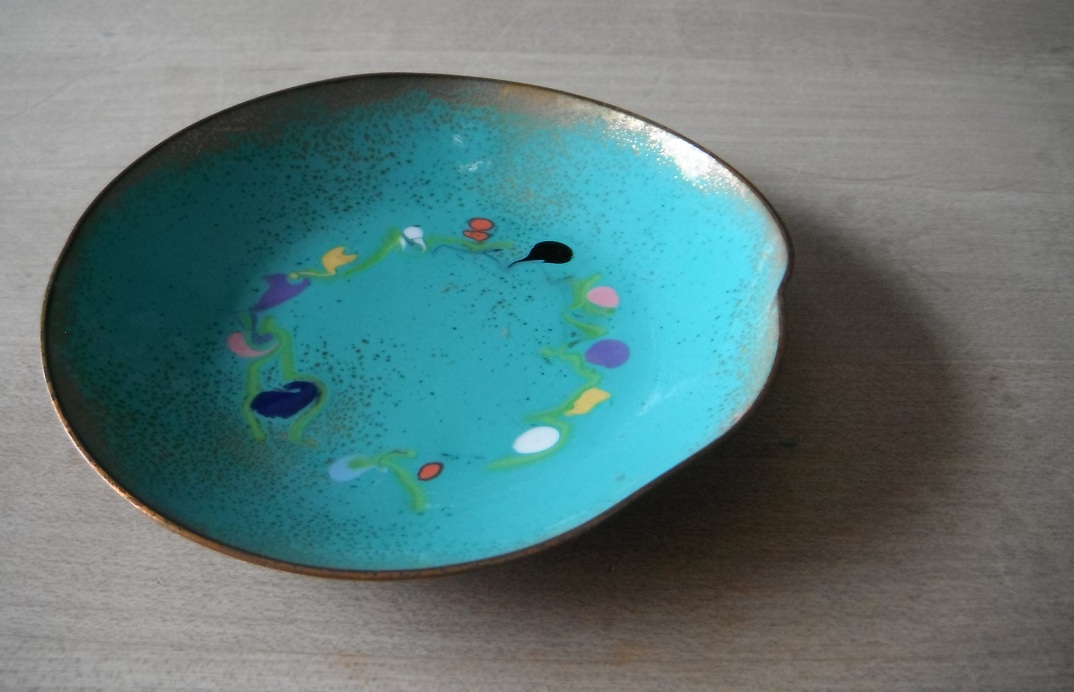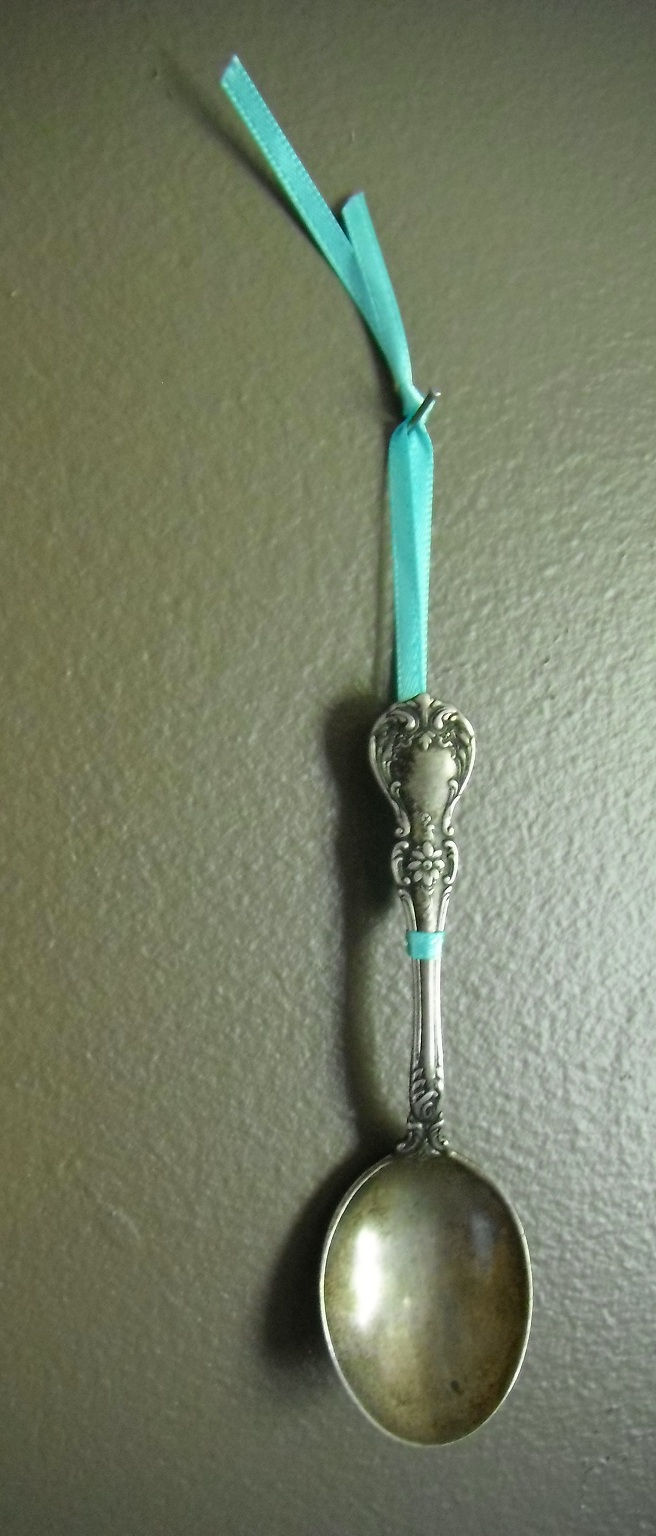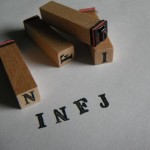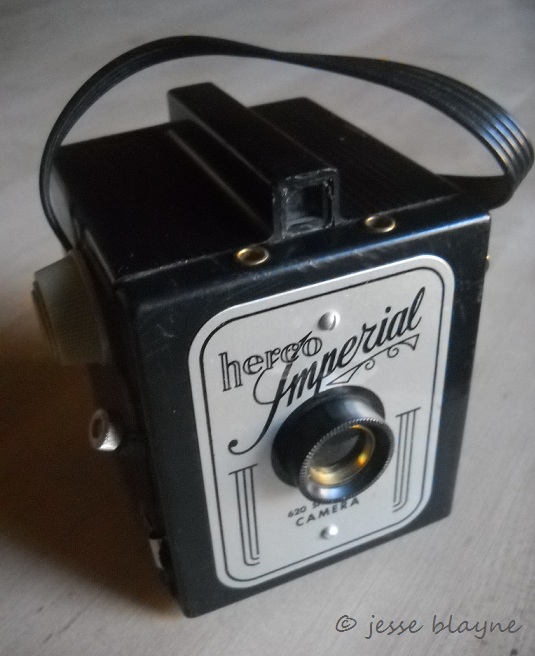 You might be a narcissist if you don’t know your kids.
You might be a narcissist if you don’t know your kids.
You might be a narcissist if you haven’t seen them in their comfort zones, when they talk in silly voices and make each other laugh so hard they almost cry.
You might be a narcissist if you haven’t noticed how they hold their arms close to their sides to guard themselves from your criticisms.
You might be a narcissist if you don’t know how you hurt them when you dismiss them.
She won’t dance in front of you because she knows you’ll make fun of her.
He hasn’t told you about his Instagram account because you’ll tell him how to take pictures.
You only see them when they are perfect reflections of you, but that’s not who they are.
They do have people in their lives who really see them for who they are, but that wouldn’t occur to you.
You don’t even know that you don’t know your kids.
Tags: child of narcissist, divorce, front lines, narcissism, narcissist behavior, narcissistic behavior, NPD






















This so resonates with me. I told my therapist the other day that I learned very early on not to share anything I care about with my parents because the reward was either indifference or criticism. I was selectively mute for most of my childhood and teen years and that continued right into adulthood. They had no idea that I’m likable, funny and relaxed in the company of friends, or that I have anything of interest to say. My depression, anxiety, penchant for living with abusers, academic underachievement and general failure to advance in life was a mystery to them.
I’m glad your kids have an INFJ parent to balance out the other end of the parental scale. I am an INFJ too, and I have not lost my tenderheartedness and empathy for others despite the spiritual beating I got growing up. My parents, like your children’s father, have no clue what they missed out on.
Thanks for this blog. It’s wonderfully insightful work.
He doesn’t know how much he’s missing out on. And he’s obviously not interested in knowing. How lucky they are to have you to validate them! They do need that external validation in order to internalize it and be able to feel their own self-worth. It must be hard for you to see that and not be able to do anything about it. But wait! You DO do something about it. Every single day you teach them how to cope with this extremely difficult part of their lives. After you give them a hug, give yourself one and a huge pat on the back!
Julie,
Thanks for writing. My heart goes out to you. It’s so damn unfair what the child of a narcissist has to deal with. I noticed how you described yourself – “likable, funny and relaxed in the company of friends” – it’s good that you see your positive/healthy qualities, particularly given the fact that they were never acknowledged by your parents.
Sending you hugs and compassion. You deserved so much better, Julie.
And one more thing… they did not deserve you.
Pat,
You all are part of the family and friends who see and appreciate Jen and Will for who they truly are. Thank you for that.
Thanks, Jesse! It took a lot of therapy (and finding good friends and a wonderful life partner) to see my own qualities. I’m finally getting rolling at mid-life. Better late than never.
Also, I perform stand-up comedy sometimes and one of my topics is my parents. So I truly am getting the last laugh.
I just read “Seeing My Path” yesterday. I love the questions at the end of each chapter. I will return to the ones that are highlighted as I continue my work on myself. Am saving your shorter work for the Christmas Holiday.
Thanks for responding. Looking forward to more posts!
Julie!
Kudos! Stand-up comedy AND an INFJ. Wow… with your childhood, I’m sure you’ll never run out of material.
So glad you enjoyed “Seeing My Path”. It may be time for me to reread those questions – I keep losing myself in the journey. Or maybe that’s the point?
All the best and happy holidays!
This post really resonates with me as well. Everything was nitpicked. One sibling used to shame the other. Eventual failure in school, relationships, mood disorders.
One thing was that we existed to serve her. So if we made her look good, great. But other than nagging, shaming, screaming, punishing, nothing was done to actually help us to succeed. Sometimes money was actually spent on extracurriculars but when it came to college we were told we’d better get scholarships. In retrospect it was small money spent on extracurriculars, crying poverty all the way (the town subsidized a lot of stuff so the fees were low) but there was absolutely no consideration of more expensive stuff like private music lessons past the school sponsored stuff, sports camp, and so on. Families who did go further were badmouthed.
I finally realized that she never really thought about our needs–emotional or otherwise. Never supported us, loved us in anything other than an Elmyra/NPD-feeding kind of way (let me huggle you! now go wash the dishes!), or thought about how she was going to do right by her children. Spent hours coming up with rationalizations for why what she wanted to do anyway was the best choice and society was wrong. For years we were house poor … she’d spend thousands on appliances and new cars … as a child, I thought all of this was normal.
NN,
As I read your comment, I got a vision of Mother Gothel (from the Disney movie, Tangled) that I still can’t shake.
Your last 10 words are absolutely chilling – “… as a child, I thought all of this was normal.” How many kids out there are surviving with this vampire as their parent, and they think this is normal? Then, what happens when they go on to have kids of their own?
As Jen and Will would say, “Some people are not cut out to be parents.”
Thank you for writing.
I wish you peace.